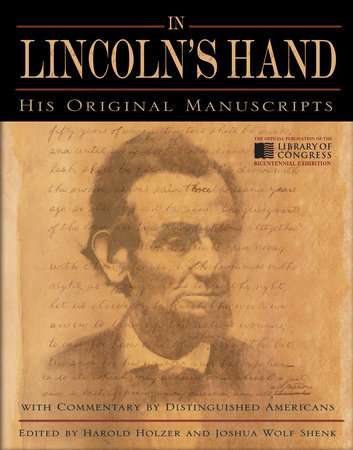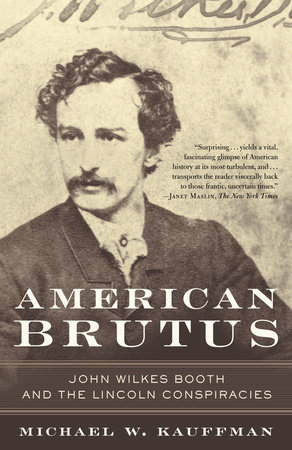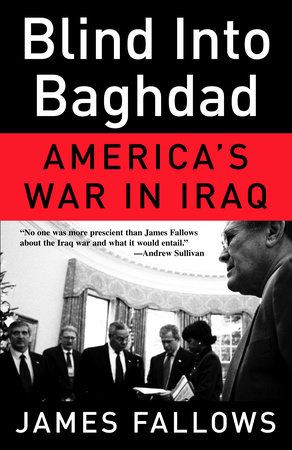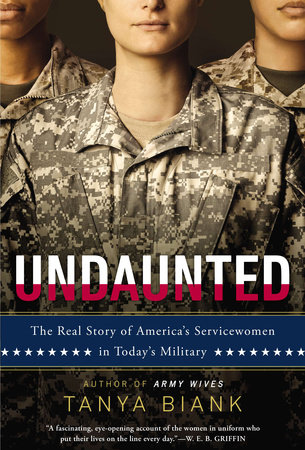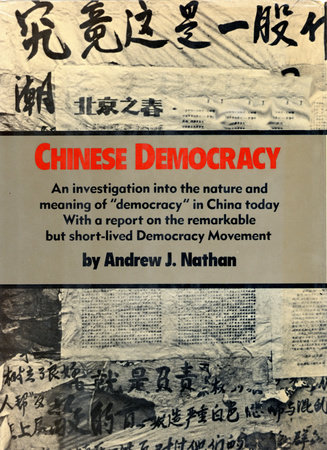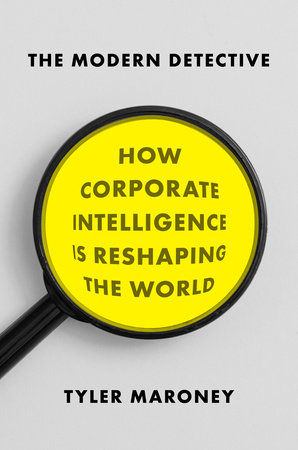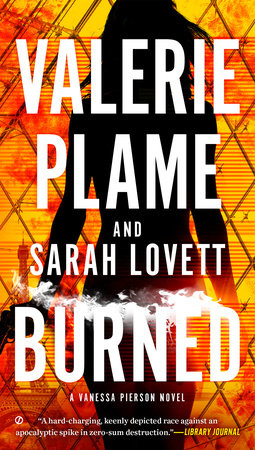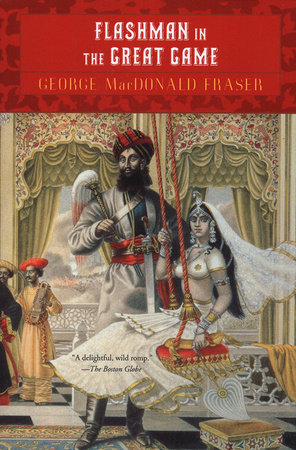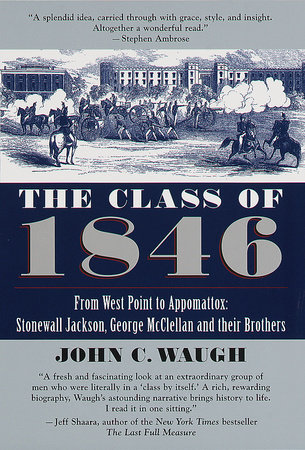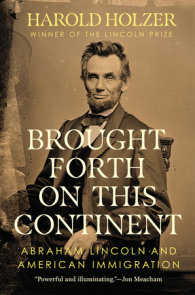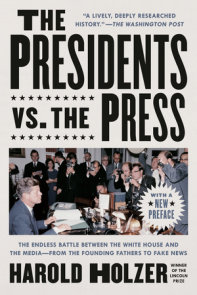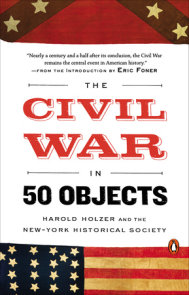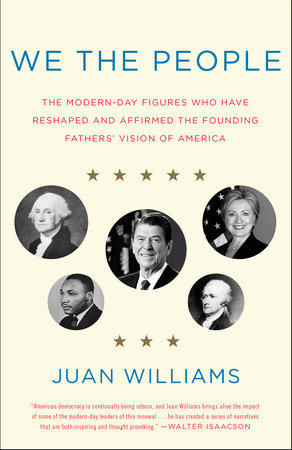Author Q&A
A Q&A with Harold Holzer and Joshua Wolf Shenk
How did you become involved with this project? Was there a moment of inspiration for you where, noticing a specific handwritten notation by Lincoln on a manuscript, that sparked your interest in exploring this topic in such fascinating fashion?
Harold Holzer:I feel blessed that my young friend Josh Shenk—who helped conceive this wonderful project–was generous enough to ask me to collaborate with him in introducing, editing, and securing commentators for the collection. As challenging as the project was, I’m really delighted he asked me to join; it’s been an honor for me to work with this group of writers, not to mention my longtime friends and colleagues at the Library of Congress. I think if there is one single notation that sparked my interest in the topic it was Lincoln’s endorsement on the envelope containing his chiding reprimand to General Meade in July 1863, notwithstanding his recent victory at Gettysburg. The President thought Meade should have pursued Robert E. Lee’s army and destroyed it, thus, he thought, ending the entire war. But Lincoln thought better of mailing the letter, so on the envelope he scribbled: “never sent, or signed.” What an insight into his style—let all the anger out, then share it with no one.
Joshua Wolf Shenk: When I was writing Lincoln’s Melancholy, I went over certain Lincoln letters and speeches dozens of times. And with those key texts, while I knew the words, I had the urge to see the original. I remember the first time I did this, at the old Illinois State Historical Library. It’s now been renamed the Abraham Lincoln Presidential Library and Museum, and they have impressive digs. It used to be in the basement of the old Illinois statehouse, where Lincoln himself served in the legislature. Kim Bauer, who was the curator of the Lincoln manuscripts there, went into the vault and brought out Lincoln’s letter to John Stuart from January 23, 1841, in which he declared himself “the most miserable man living.” (This letter is in In Lincoln’s Hand with an incisive commentary by Andrew Solomon.) Kim had me put on white gloves, and put the letter on the table in front of me. I remember thinking: This is as close as you can possibly get to Lincoln—seeing the pen strokes, the places he put particular force on the nib, where the ink ran dry before he reached over again to dip into the ink well. Lincoln’s words are a window to his mind, and these manuscripts are a living relic of his composition.
What influenced the final selection of the documents included in the book In Lincoln’s Hand? Were you looking for variety? Did the commentators choose their subjects or did you both make that choice? Were there any documents included in the book’s final edition that you had never personally seen before becoming involved with this project? And what, if anything, did you have to leave out of the final edition?
Harold Holzer: For the selection, we started with the very best—and did indeed try to vary the personal and the official, for Lincoln was a master at both kinds of correspondence. Most of our commentators proved to be trusting enough to allow us to assign them their choices; most regarded it as a challenge to take on a fresh or seldom-seen document and appraise it. There were exceptions, of course. President George W. Bush asked for a selection of documents from which to choose, and selected, not surprisingly, Lincoln’s justification to Congress for going to war in 1861. Doris Kearns Goodwin asked if she could comment on a remarkable letter she’d always loved, and wished she’d written about more often. In each case, the selection, and the commentary, proved ideal. I must say, as long as I’ve been studying Lincoln, I realized I’d read most of these letters only in transcriptions in the Collected Works. But what a difference a dash—a crossed-out-word—or a carat makes. Here one sees a master literary craftsman and professional persuader at work, in process, line by line, arduous as it was to write by hand in the mid-19th century. Finally, had there been no limits on the production, I would have liked to see some of Lincoln’s long, long letters–like his message to Erastus Corning and other New Yorkers opposed to his use of executive powers–in full. But we had to excerpt some of these because their inclusion would have required the deletion of other works.
Joshua Wolf Shenk: Harold describes the process well. Over many conversations, we drew up long lists of documents, and long lists of contributors, and then tried to match them. In some cases, our contributors had a specific piece in mind. In other cases, we tried to find common themes. Lincoln’s self-satire, in his letter to Eliza Browning, was a natural for the great satirical humorist George Saunders. We suggested the “Meditatio on the Divine Will” to Jimmy Carter, because we know that he has thought a lot about faith and its intersection with public life. For lack of space, or for lack of the right match, we had to leave out hundreds of gems. Maybe the piece I miss the most is Lincoln’s letter to George Latham, a boy, a friend of Robert’s, who had been rejected from Harvard in the summer of 1860. Lincoln wrote him a note urging him to persevere. In some ways, it’s the familiar advice to not give up, but the thing is shot through with such passion and force that you can feel Lincoln’s intense investment in a maintaining a positive view of mind—which, to my reading, says something about how he ran to darkness and needed those reminders.
The Lincoln Bicentennial celebration is year long and vast. As noted scholars, critically acclaimed authors, and prestigious award winners, what does this anniversary mean to you? How does this book, In Lincoln’s Hand, reflect your feelings about the man, Abraham Lincoln, himself?
Harold Holzer:The bicentennial has usefully stimulated a thorough reanalysis of Lincoln and his impact on our culture. Having worked on the Bicentennial Commission as its cochairman for eight years, it is also, from a personal perspective, the fulfillment of a dream to see so many symposia, exhibitions, books, plays, and other events scheduled in so many states throughout the year. But events, stamps, coins, and other accomplishments aside, the main point of the celebration was always to revive and permanently stimulate history education, where this country has fallen so short for so long. Lincoln’s is not only a good story; it’s our story—and this milestone anniversary has revived the national discussion. The book and the exhibition it complements fit perfectly into this vision: because Lincoln was not only a great president but the greatest writer among our presidents. And it is an extraordinary thing to feel you are working with him, in-process, to create the words that have entered the American vocabulary so enduringly.
Joshua Wolf Shenk: In my mind, so much of the effort to remember Lincoln actually ends up distancing us from him – making him into some kind of caricature, or theme park attraction. I’m always trying to get to what’s real. So when the Library of Congress asked a group of us to consider how we’d represent Lincoln for a bicentennial exhibition, I immediately thought of the manuscripts. And I thought of the conversation I had, looking over the document with Kim Bauer and other curators, and had the thought: What if we could re-create that sense of conversation, of curiosity, or learning—and open up the conversation about the influence and reach of Lincoln’s words to a wide array of people? That was the genesis of getting a variety of commentators. I hoped that we can find a way to talk about Lincoln not as an object of study—not as someone about whom we need to recycle old stories and facts—but as a living presence who touches a variety of minds and lives. We need to consider Lincoln, yes, but that’s a means. And the end is to look past him to what he stood for—and what he still stands for. He said in 1858: “Think nothing of me,” Lincoln said at Lewistown on August 17; “take no thought for the political fate of any man whomsoever, but come back to the truths that are in the Declaration of Independence. You may do anything with me you choose, if you will but heed these sacred principles. You may not only defeat me for the Senate, but you may take me and put me to death.” And this sense of service to a cause greater than he, I think, only deepened over the course of his presidency and the war.
President-elect Obama announced that the “theme” of his Inauguration would be tied to Lincoln’s Bicentennial. How is this apt? And what effect will this have on public awareness of this anniversary?
Joshua Wolf Shenk: It’s terribly apt, because of course Obama’s presidency throws us back to Lincoln’s life an deeds in so many ways. And this would be true if the men had nothing in common, or if the points in common were only superficial. But there’s a basic and profound connection between the two men, their political, intellectual, and even spiritual vision. For a sense of the affinity, look at Obama’s speech on patriotism. He argues that loving a country means loving an idea that is unfulfilled – an idea that is there to be perfected. And so, in a sense, criticizing our country is an act of patriotism. What audacity there, what scope and ambition. I won’t say this speech is as great as, say, the Gettysburg Address, but it is electifying in the same way: it uses language to call forth a new way of being in relation to our country.
Harold Holzer: The 44th President is one of the best advocates the 16th President has ever had. Barack Obama has single-handedly stimulated interest in Abraham Lincoln, nationwide, even worldwide, not only by citing his example, quoting his words, dedicating his inauguration to Lincoln, and choosing to swear his own oath on the same bible Lincoln used; he has added a special resonance to the bicentennial, and his own entrance into office, by helping this country to complete the “unfinished work” that Lincoln talked about in his Gettysburg Address—showing that it is not only possible for a white American to rise from obscurity to the White House and validate the promise of the American dream–it is also possible for a black man to do so.
In your Introduction to the book, you talk about the thrill of seeing these documents firsthand, and noting especially that one—even distinguished scholars like yourself–is rarely left alone with the artifacts. This creates a palpable sense of excitement. Which of the many documents you have seen firsthand most moved you, or provoked a notable response?
Harold Holzer: Of course there is nothing like seeing the Gettysburg Address—in any of its five handwritten editions. That is like the Holy Grail. But since I spent a good part of the past five years working on an earlier book about the Great Secession winter of 1860-1861, the period during which Lincoln said and wrote little but worked arduously on his inaugural address, it was a thrill beyond compare for me to see and feel the half-printed, half-handwritten draft he brought with him to the Capitol in March 1861—an extraordinary speech, as we always knew, but also a hopeless jumble of pages…so completely revised I can’t imagine how Lincoln read from them that day.
Joshua Wolf Shenk: I’d call out the “Meditation on the Divine Will.” I’ve handled the original at the John Hay Library at Brown. It’s an extraordinary piece, an an example of where the slighest emendation—crossing out the word “this,” –gives light to Lincoln’s thinking in the act of composition. You can see at that emendation the separation of a first and second half of the piece, and a movement from declaring what he regards as the basic theological facts to entertaining the most radical questions.
There are dozens of distinguished commentators who have contributed to this book. What were their reactions when you approached them to participate? How did you manage it?
Harold Holzer: Well, there’s no better way to get Distinguished Scholar X than to say that we have already secured Distinguished Scholar Y. There is no surer way to land a distinguished Republican than to say we’ve booked a famous Democrat. The best way to get all the living Presidents of the United States is to point out to each that we’ve got the others. For the most part, the people I approached were universally enthusiastic, but often modest about what they could bring to the endeavor: many said they felt they would never be able to match Lincoln’s eloquence or parse Lincoln’s deepest thoughts. The managing aspect was difficult, I will admit; Josh Shenk has his own stories, I’m sure, and some of mine will go to the grave with me. But since I work at the Metropolitan Museum of Art I do get to meet many distinguished people—I met John Updike and Walter Mosley here, for example—so I felt I had an “in” with them from past, albeit brief, acquaintance. A few did string us along, complain they had projects of their own to attend to, or simply choked. But they were the exceptions, not the rule—rare exceptions.
In addition to high-resolution scans of forty documents, many of them rarely displayed to the public, this book includes wonderful images to enhance its appeal. Where did they come from and was the selection process hard? Again, in your search, did anything take you by surprise?
Harold Holzer: Josh Shenk and I, together with our terrific editor John Flicker, spent a wonderful day going through the Library of Congress‘s collections—and for me, as someone who got his start writing about these images, it was almost as great a thrill to rummage through original photographs, engravings, and lithographs as it was to deal with the manuscripts.
Do you have a favorite quotation or phrase of Lincoln’s, and is it in In Lincoln’s Hand? Why this for you?
Joshua Wolf Shenk: My favorite line, I think, is from the fragment from around July 1858, in which Lincoln is working out for himself his relationship to the struggle over slavery. He believes he’s on the right side of history, but he also sees it might take generations—even millennia—for his ideas to prevail. “I can not but regard it as possible that the higher object of this contest may not be completely attained within natural the term of my life,” he wrote. “But I can not doubt either that it will come in due time.” I love this because it shows the blend of engagement and humility that Lincoln achieved.
Harold Holzer: I know this is going to sound strange, with all the great phrases this book reproduces, but I’ve always been fascinated by the sentence from Lincoln’s passionate defense of his position on slavery and union, written to editor Horace Greeley in 1862. He says: “Broken eggs can never be mended… .” Then he crossed it out! It’s actually a phrase he used a few other times in his writings–but almost always deleted in the end. It was just too prosaic and clunky. And to me, the very fact that he routinely tried, and then dispensed with it, shows that as a writer, not just as a politician, he believed “broken eggs can never be mended”–he was unwilling to allow a stray or discordant word to enter his oeuvre, as if he always knew it would be read and reread forever.
Are you working on a new project? Can you share its subject with readers?
Harold Holzer: I have three books in the 2008-2009 season—In Lincoln’s Hand, of course, plus Lincoln President Elect and The Lincoln Anthology for the Library of America. I’ve helped put out new editions of one of my old books, Lincoln as I Knew Him, plus a new edition of artist Francis B. Carpenter’s memoirs, Six Months at the White House. I also contributed chapters to three bicentennial books, and edited special editions of American Heritage and Civil War Times. Plus, I have a new one, co-edited with Edward Steers, coming out in a few months for assassination aficionados: it’s a book about the jailer/executioner who tended John Wilkes Booth’s fellow conspirators. So my plans for the rest of 2009 are to lecture about all of the above and help celebrate the bicentennial–in New York, Washington, Gettysburg, Los Angeles, Chicago, Springfield, Sarasota, Arizona, Cincinnati, and Oxford, to name a few of the venues. Then my friend Frank J. Williams and I will get to work on some new editions of the collected lectures from the annual Lincoln Forum. I have a few future projects up my sleeve, but I’m too exhausted to contemplate them—at least for a few weeks.
Joshua Wolf Shenk: I guess I’m going to be busy reading Harold’s books. On top of that, I’m writing essays on psychology, arts, culture, and history; directing the Rose O’Neill Literary House at Washington College; and looking for the next book.
